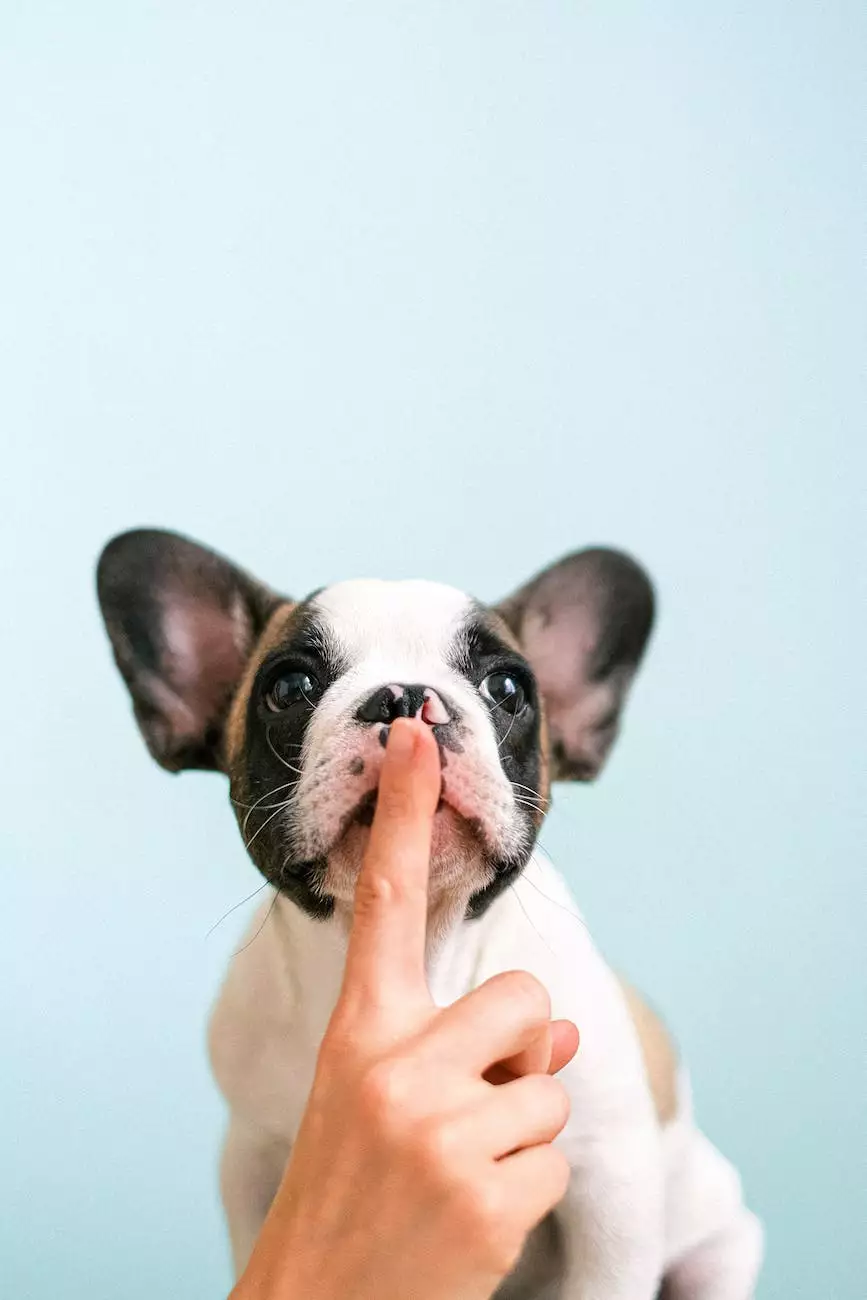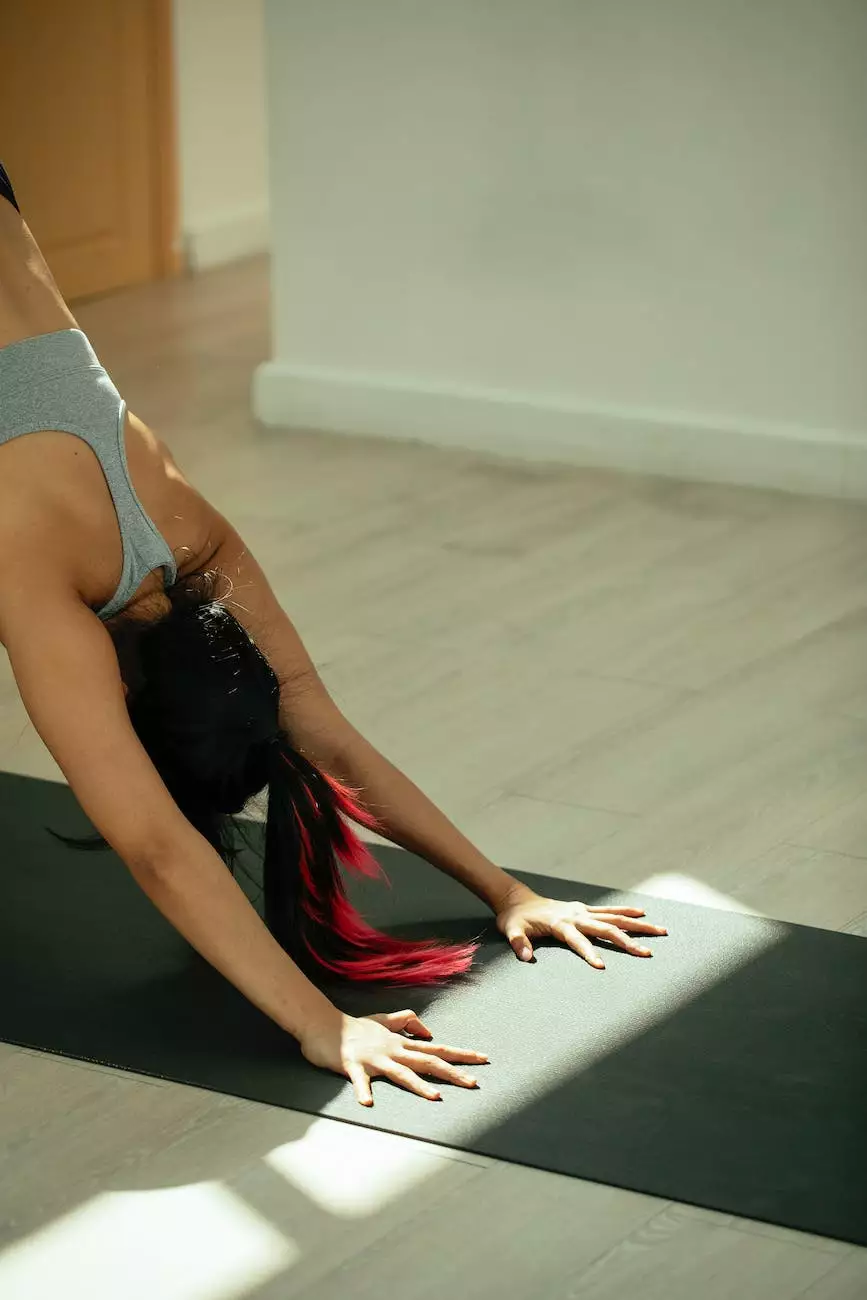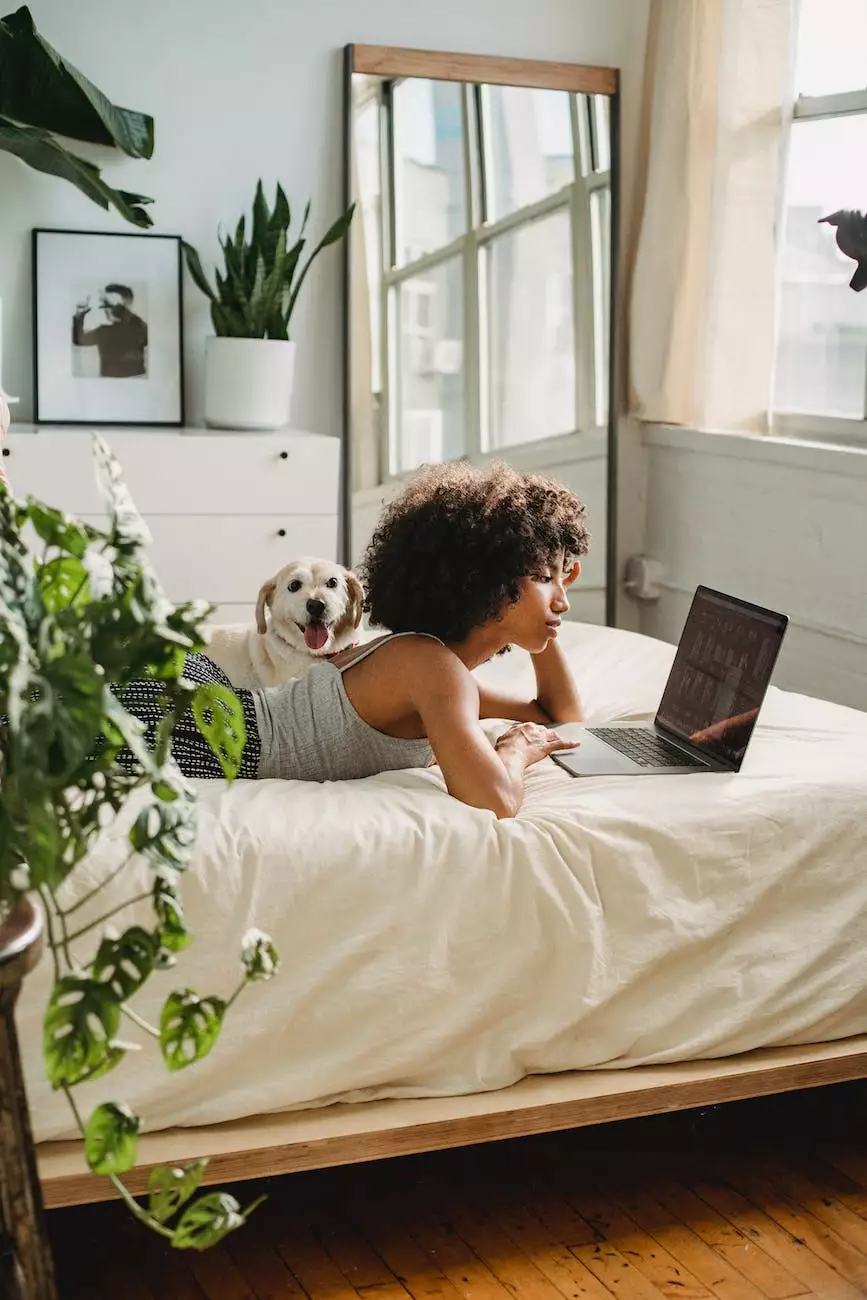How to Socialize a Puppy Before Vaccinations
Dog Training
Welcome to Rosey Dog Care, your go-to resource for all things related to pet care, including high-quality pet food and supplies. In this comprehensive guide, we will share expert tips and techniques on how to effectively socialize your puppy before vaccinations, setting a strong foundation for their future well-being. Ensuring your furry friend's early social exposure before they receive their vaccines is vital for their overall development and helps them grow into confident and well-adjusted adult dogs.
Why Is Early Socialization Important?
Early socialization plays a crucial role in shaping your puppy's behavior and overall temperament. By exposing them to a variety of people, animals, and environments during their early developmental stages, you are helping them develop essential social skills, reducing the likelihood of fear or aggression towards unfamiliar situations or individuals later in life.
Puppies who are well-socialized are more likely to feel comfortable in new environments, enjoy the company of other animals, and build positive associations with different experiences. It is worth noting that a lack of early socialization can result in behavioral problems that may be challenging to address as your puppy grows older.
When and How to Start Socializing a Puppy Before Vaccinations?
It is important to initiate the socialization process as early as possible, ideally when your puppy is between 4 to 14 weeks old. During this period, they are in a critical developmental stage known as the "socialization window." It is important to note that socialization should be balanced with appropriate precautions to minimize the risk of exposure to diseases before vaccinations are administered.
Here are some safe and effective ways to socialize your puppy before vaccinations:
1. Controlled Home Environment:
Create a safe and controlled home environment that exposes your puppy to various household sounds, objects, and surfaces. Introduce them to different textures, such as grass, tile, carpet, and hardwood floors. Familiarize them with household appliances, vacuum cleaners, doorbells, and ringing phones to desensitize them to common noises they are likely to encounter in everyday life.
2. Family and Friends:
Involve your immediate family members and close friends in your puppy's socialization process. Ensure that they approach your puppy calmly and gently, giving them treats and praises for positive reinforcement. Encourage different individuals to interact with your puppy to build their confidence and teach them to be comfortable with a variety of people.
3. Puppy Parties and Playdates:
Arrange safe playdates with other puppies of known vaccination status. Ensure that the play area is clean and free from potential hazards. Interaction with well-vaccinated puppies provides a positive social experience while reducing the risk of disease transmission. Supervise the play sessions to prevent any aggressive behavior and ensure all puppies are showing signs of enjoyment.
4. Controlled Outdoor Exposure:
While you should avoid areas heavily frequented by other dogs until your puppy is adequately vaccinated, controlled outdoor exposure is still important. Take your puppy on walks using a stroller or a carrier, allowing them to observe their surroundings while staying safe from direct contact with potentially unvaccinated dogs or contaminated areas.
It is crucial to prioritize your puppy's safety by avoiding places like dog parks or heavily trafficked areas until they complete their necessary vaccinations.
Training Techniques to Enhance Socialization
Alongside socialization, incorporating basic training techniques will help your puppy learn essential commands, gain self-control, and understand appropriate behavior. Here are some training techniques to complement your puppy's socialization process:
1. Positive Reinforcement:
Utilize positive reinforcement techniques, such as treats, praise, and rewards, to encourage desired behaviors in your puppy. Reward them when they display good manners, respond to commands, or exhibit friendly behavior towards other dogs or people. This positive association motivates them to repeat these actions in the future.
2. Basic Commands:
Teach your puppy basic commands like "sit," "stay," and "come." These commands form the foundation of their training, providing them with direction and structure. By mastering these commands, your puppy will become more obedient and better equipped to handle various social situations.
3. Leash Training:
Introduce leash training early on to ensure your puppy feels comfortable walking alongside you. Start with short, controlled walks in safe environments, gradually increasing the distance and exposure to different sights, sounds, and smells. This helps your puppy understand proper leash behavior while developing positive associations with outdoor experiences.
Conclusion
Socializing your puppy before vaccinations is a critical step to help them grow into well-rounded, confident adult dogs. Through controlled exposure, positive reinforcement, and basic training techniques, you can build a strong foundation for their lifelong social skills. Remember to prioritize their safety by avoiding high-risk environments until they complete their necessary vaccinations. At Rosey Dog Care, we are dedicated to providing you with the resources and guidance needed for your puppy's well-being. Visit us for all your pet food and supplies, and let us support you on your puppy's exciting journey towards becoming a happy, socialized adult.




